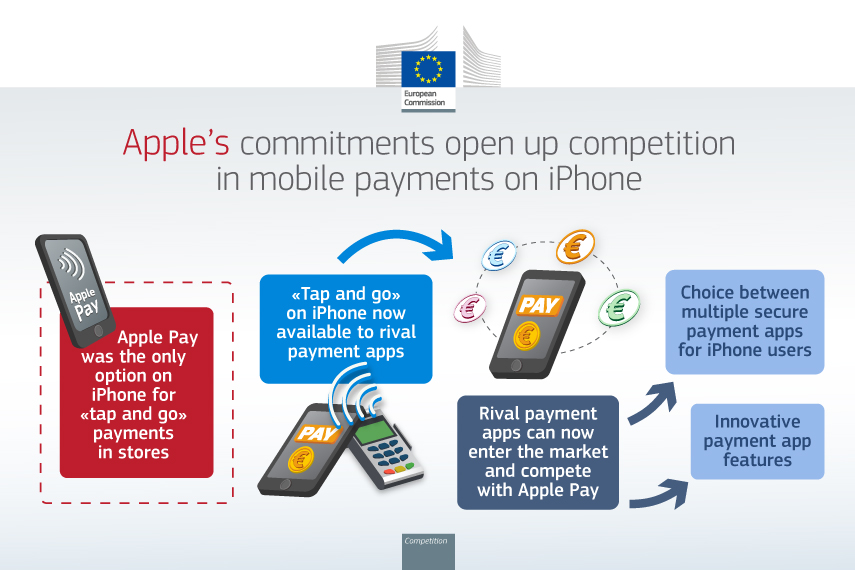In a significant development, Apple has reached an agreement with the European Union to open its mobile payment system, Apple Pay, to rival payment platforms. This move marks a pivotal shift in the tech giant's approach to its highly proprietary ecosystem and could have far-reaching implications for the mobile payments landscape.
What Prompted the Deal?
The deal comes after prolonged scrutiny by EU regulators who have raised concerns about anti-competitive practices. Apple has been under investigation for allegedly restricting access to the Near Field Communication (NFC) chip on its devices, which is essential for contactless payments. By limiting this access to Apple Pay, the company has faced accusations of stifling competition and innovation in the mobile payments market.
How Will This Affect Consumers?
For consumers, this agreement promises greater choice and flexibility. Users of Apple devices will soon be able to use alternative payment platforms that can now leverage the NFC technology. This could lead to more competitive pricing and innovative features as other companies strive to attract users who were previously locked into Apple Pay.

What Does This Mean for Rivals?
Rival payment platforms stand to benefit significantly from this deal. Companies like Google Pay and Samsung Pay will now have the opportunity to tap into Apple's vast user base. This could drive increased adoption and usage of these alternative platforms, fostering a more competitive and dynamic market environment.
How Might This Impact Apple?
While opening up its payment system could dilute Apple Pay's exclusivity, it may also present new opportunities for Apple. By complying with regulatory requirements and fostering a more open ecosystem, the company could benefit from increased overall usage of its devices as consumers appreciate the added flexibility.
What Are the Broader Implications for the Tech Industry?
This development could set a precedent for other tech giants with similarly closed ecosystems. Regulators around the world are increasingly scrutinizing major technology companies for anti-competitive behavior. The outcome of Apple's deal with the EU might encourage other firms to proactively open up their platforms to avoid regulatory backlash.
Challenges and Considerations
Despite the potential benefits, there are challenges to consider. Ensuring the security and privacy of transactions across multiple payment platforms will be paramount. Apple will need to work closely with these platforms to maintain the high security standards its users expect. Additionally, the integration process for rival platforms could be complex, requiring significant technical collaboration and testing.
A Step Towards a More Open Digital Economy
Apple’s agreement with the EU to open up its mobile payment system is a landmark decision that underscores the importance of competition in the digital economy. For consumers, it means more choices and potentially better services. For competitors, it offers a chance to innovate and expand their reach. As the mobile payments market continues to evolve, this move could herald a new era of openness and collaboration, setting the stage for a more dynamic and inclusive digital ecosystem.

















